There's one common folly people tend to make as they age: They completely neglect their oral health.. According to the Centers For Disease Control And Prevention (CDC), 96% of adults aged 65 have had cavities, or untreated tooth decays. At least 2 out of 3 older citizens have gum diseases, and 1 out of 5 adults have lost all their teeth to poor oral hygiene. Sounds bad? Here's the worst part: Older adults with chronic diseases are more likely to develop periodontal diseases if they follow poor dental care.
Older adults are more susceptible to oral cancer, dry mouth, and gum diseases.
Preventive Dental Care Tips For Seniors
Good oral hygiene habits are essential at any age but are particularly important as we grow older. Many older adults experience a decline in their overall physical health due to poor oral hygiene practices earlier in life.
- Floss once daily
- Flossing removes food particles between teeth where brushing may not reach.
- Rinse with an antiseptic mouthwash
- An antiseptic mouthwash helps kill bacteria and reduce plaque buildup.
- Visit the dentist regularly.
- Regular dental checkups are important for detecting any signs of decay or other issues. It is recommended that seniors visit their dentist at least once every six months
How age affects dental health
As you age, your mouth, teeth, and gums experience some changes:
- A lifetime of chewing and exposure to acidic foods can wear away layers of tooth enamel
- Teeth often become less sensitive, so you don’t notice pain until an issue is very large
- Gum tissue naturally recedes with age
On its own, age doesn’t always negatively affect your oral health. There are a number of other factors working together to put seniors more at risk for dental health issues.
- Difficulty brushing and flossing due to arthritis in the hands and fingers
- Not keeping up with regular dental checkups
- Taking certain medications that cause dry mouth, which leads to increased bacteria in the mouth
It’s so important to keep up with your regular dental checkups so your dentist can catch issues early, taking preventive steps before they cause big problems.
Here are some special considerations and oral health tips for specific situations and groups of people:
- Children:Start dental care early by wiping your baby's gums with a clean, damp cloth. Once teeth erupt, brush them with a soft toothbrush and a small amount of fluoride toothpaste. Encourage healthy eating habits and limit sugary snacks and beverages. Consider dental sealants to protect children's molars from cavities. Ensure regular dental checkups to monitor dental development and address any issues early.
- Teens:Adolescents may need guidance on maintaining proper oral hygiene habits as they become more independent.
- Pregnant Women:Hormonal changes during pregnancy can increase the risk of gum problems. Practice good oral hygiene and schedule a dental checkup during pregnancy. Inform your dentist if you are pregnant, as some dental procedures may be postponed until after childbirth.
- Seniors:Aging can bring oral health challenges, such as dry mouth, gum disease, and tooth loss. Regular dental checkups are crucial to monitor and address these issues. Consider dentures, implants, or other dental prosthetics if necessary.
- People with Diabetes:Diabetes can increase the risk of gum disease. Manage blood sugar levels to help maintain oral health. Inform your dentist about your diabetes and discuss any special precautions or recommendations.
- People with Special Needs:Individuals with physical or intellectual disabilities may require extra assistance with oral hygiene. Dentists experienced in treating patients with special needs can provide appropriate care and accommodations.
- People with Dry Mouth (Xerostomia):Dry mouth can lead to tooth decay and gum problems. Stay hydrated and consider using saliva substitutes or prescription medications to alleviate dry mouth symptoms. Avoid alcohol and caffeine, as they can contribute to dry mouth.
- Orthodontic Patients:If you have braces, it's essential to maintain meticulous oral hygiene to prevent plaque buildup and tooth decay. Follow your orthodontist's instructions for cleaning braces and use interdental brushes or floss threaders to reach between wires and brackets.
- People with Dental Anxiety:If you have dental anxiety, communicate your concerns with your dentist. They can offer strategies to help you feel more comfortable during dental visits, such as sedation options or relaxation techniques.
- Cancer Patients:Cancer treatments like radiation and chemotherapy can affect oral health. Consult with a dentist before treatment begins to address any dental issues and receive guidance on oral care during treatment.
Tailor your oral care routine to your unique needs, and don't hesitate to seek advice from a dentist or dental specialist when necessary.
FAQ
Dental age estimation (DAE) is the most accurate method of estimating age where a formal birth record is absent. Accurate DAE relies on a reference data set comprising dental panoramic tomographs (DPT) that provide images of all the tooth morphology types.
Carry out any necessary treatments, tests or X-rays they feel you require. ask about your lifestyle and provide any advice on diet, smoking, alcohol and teeth cleaning to help improve your oral health.


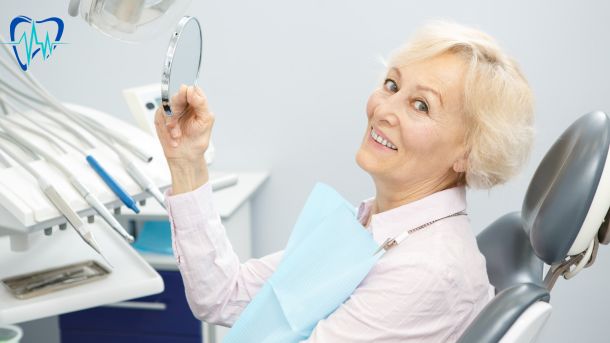
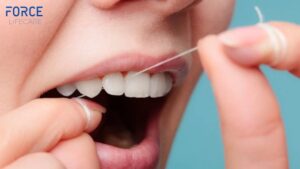
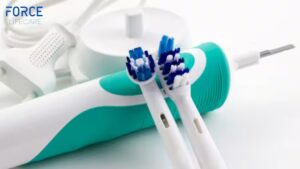
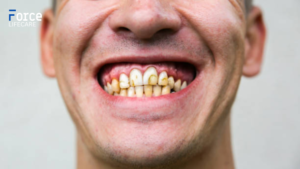
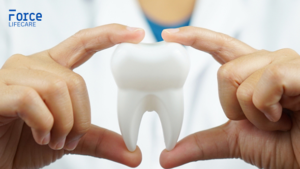
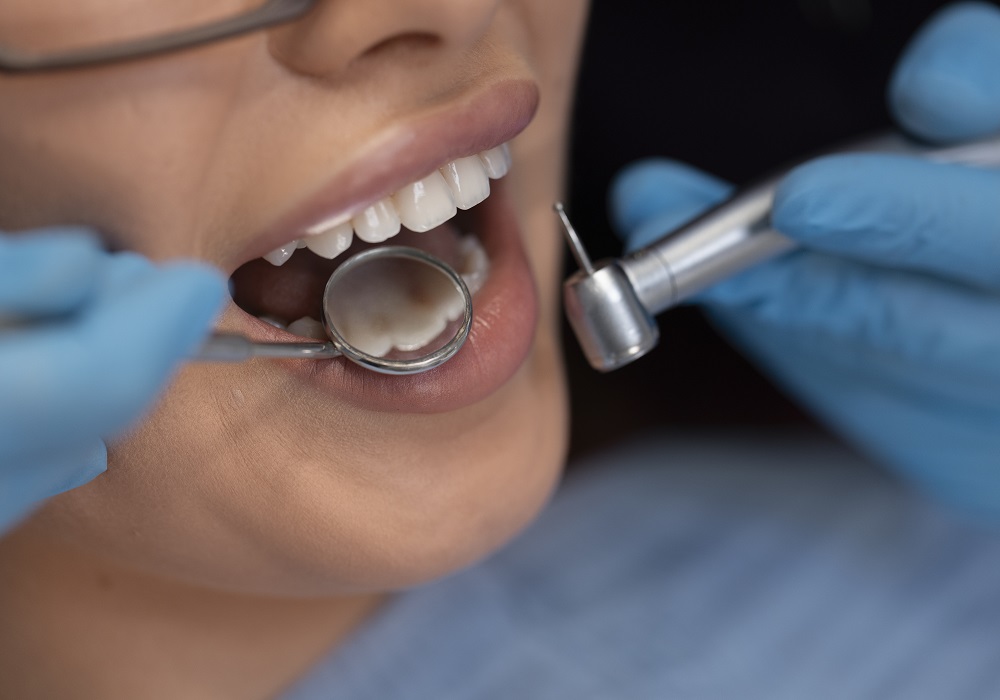 Dental Checkup Services
Dental Checkup Services
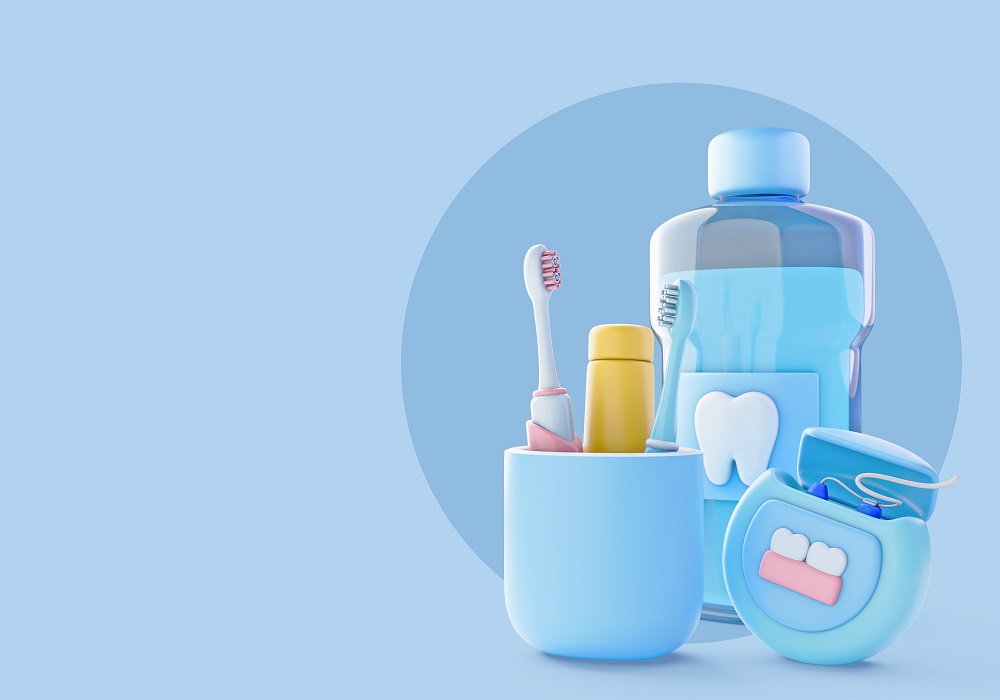 Our range of products
Our range of products
 Oral Care Blogs
Oral Care Blogs
